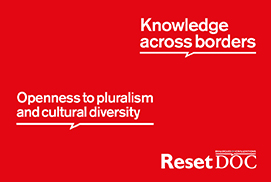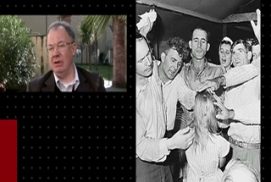30 November 2011
The Kurdish conflict has re-emerged as a key issue in Turkey. On October 19th the Kurdistan Workers Party, or PKK, inflicted an extremely violent attack on the Turkish state, killing 24 soldiers (the highest number of victims in the past few years) in the southeast. The AKP government’s reaction to the event was extremely harsh. Turkish President Abdullah Gül promised to “reduce to the same tears” those who had carried out the attacks. And that is what happened. Ankara launched a massive attack not only in Southeast Turkey but also across the border into northern Iraq, where the Turkish governments says Kurdish separatists take refuge and organize their attacks.
To understand the recent flare-up in the conflict and its links to Turkey’s constitutional re-writing process, Resetdoc spoke to Professor Ferhat Kentel, a sociologist at Sehir University in Istanbul.



